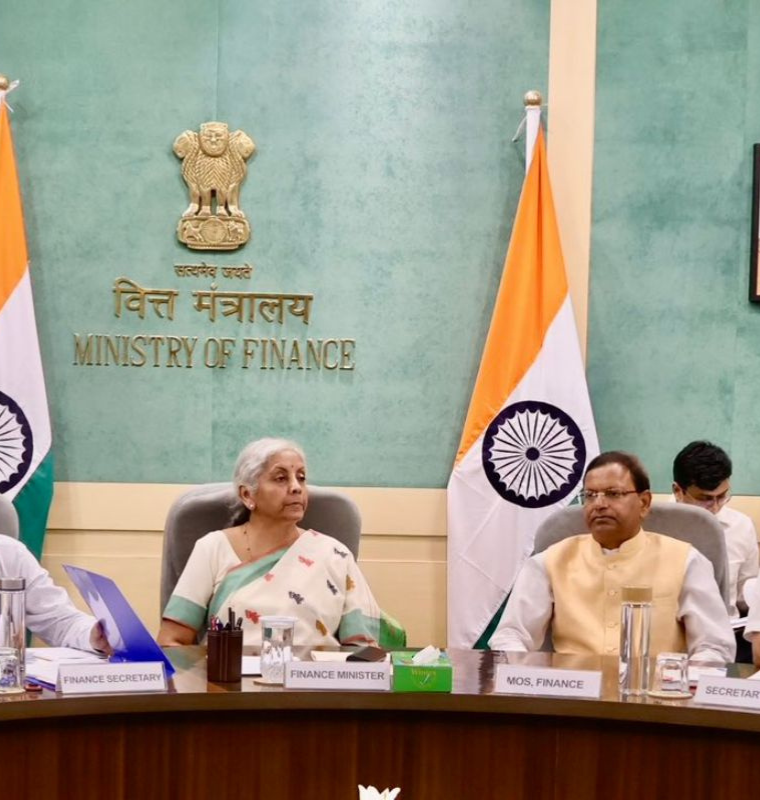France’s New Wealth Tax Likely to Spare Ordinary Crypto Investors
France’s New Wealth Tax Likely to Spare Ordinary Crypto Investors
By
David Goldfarb
Last updated:
November 5, 2025
First Published:
December 2, 2025

A New Approach to Wealth Taxation in France
France’s government is preparing to roll out a modernized wealth tax structure that includes digital assets, stirring discussions among investors and economists alike. While the policy aims to capture a fairer share of wealth from the nation’s most affluent individuals, the focus is not on ordinary crypto investors. Instead, the proposal targets ultra-high-net-worth portfolios that hold millions of euros in digital currencies, signaling a nuanced recognition of how crypto fits into modern financial ecosystems.
Redefining What Counts as Wealth
The traditional concept of wealth in France has revolved around property, securities, and savings. However, as cryptocurrencies have grown into mainstream financial instruments, policymakers have felt the need to redefine taxable wealth. The inclusion of crypto holdings valued above two million euros reflects a broader trend in Europe to adapt fiscal systems to the realities of the digital economy. This redefinition ensures that France stays relevant in a rapidly changing global financial landscape.
Protecting Ordinary Investors
For the average crypto investor, the new tax law offers reassurance. Most small and mid-level traders fall far below the proposed threshold, meaning they will remain unaffected by the new policy. The government’s decision to exclude moderate holdings demonstrates an awareness of how important retail participation is in the country’s growing digital finance sector. It also shows France’s intent to encourage innovation rather than stifle it through excessive taxation.
Encouraging Responsible Crypto Growth
The French finance ministry has emphasized that the policy is designed to promote fair contribution without discouraging investment. By focusing on large-scale digital fortunes, the government aims to ensure that wealthier entities contribute proportionally to public revenue. At the same time, France is positioning itself as a responsible hub for crypto development, balancing regulation with growth. This balance is expected to appeal to both entrepreneurs and institutional investors looking for a predictable fiscal environment.
Market Reactions and Investor Sentiment
Initial reactions within France’s crypto community have been mixed but largely optimistic. While some fear that the policy could set a precedent for stricter taxation in the future, others believe it legitimizes crypto as a recognized form of wealth. By formally integrating crypto into the tax framework, France acknowledges its role in modern finance. This recognition could improve investor confidence and attract more regulated financial products linked to digital assets.
European Context and Global Implications
France’s new wealth tax model could influence neighboring European economies. As countries like Germany and Spain continue debating how to classify digital assets, France’s approach may serve as a reference for balanced taxation. Globally, the move aligns with a broader trend where governments are no longer ignoring crypto but are seeking to integrate it responsibly into fiscal systems. This shift marks an important milestone in the international legitimization of cryptocurrencies.
The Role of Transparency and Compliance
The proposed law also strengthens the emphasis on transparency. High-value investors will be required to declare their crypto holdings through verified digital platforms, ensuring accurate valuation and accountability. This step aims to curb tax evasion and reinforce the credibility of France’s financial oversight. For legitimate investors, it creates a clearer framework that simplifies compliance and reduces uncertainty about reporting obligations.
Impact on France’s Digital Economy
Beyond taxation, the policy could help channel resources toward innovation. The revenue collected from the wealth tax may be allocated to research programs, blockchain development, and fintech initiatives. Such reinvestment would not only strengthen France’s technological infrastructure but also position the country as a European leader in responsible digital finance. This forward-thinking approach aligns with France’s broader vision of blending traditional fiscal discipline with modern innovation.
A Catalyst for Policy Modernization
The wealth tax marks more than a fiscal adjustment—it symbolizes a cultural shift. By acknowledging crypto as a legitimate store of value, France is modernizing its financial identity. This evolution represents a deeper understanding of how wealth creation is changing in a digitized world. The move could encourage other nations to rethink their approach to taxing intangible, decentralized assets without alienating investors.
Looking Ahead: A Model for Balanced Regulation
As France prepares to implement this policy, its success will depend on clear communication and effective execution. If managed well, it could set a global example for balancing economic fairness with innovation. Ordinary investors are likely to continue participating in the crypto market confidently, knowing that the system acknowledges their role without penalizing their ambition. France’s approach could mark the beginning of a new era in which digital wealth is both embraced and responsibly governed.
Popular articles
Subscribe to unlock premium content
Disney’s Timeless Magic and How the Entertainment Giant Continues to Shape Culture and Innovation

Imran Khan’s Economic Missteps Amid Political Chaos in Pakistan

The Philippines’ Digital Shift How Remittances and BPO Are Fueling Growth

Disney’s Timeless Magic and How the Entertainment Giant Continues to Shape Culture and Innovation

Imran Khan’s Economic Missteps Amid Political Chaos in Pakistan

Disney’s Timeless Magic and How the Entertainment Giant Continues to Shape Culture and Innovation









